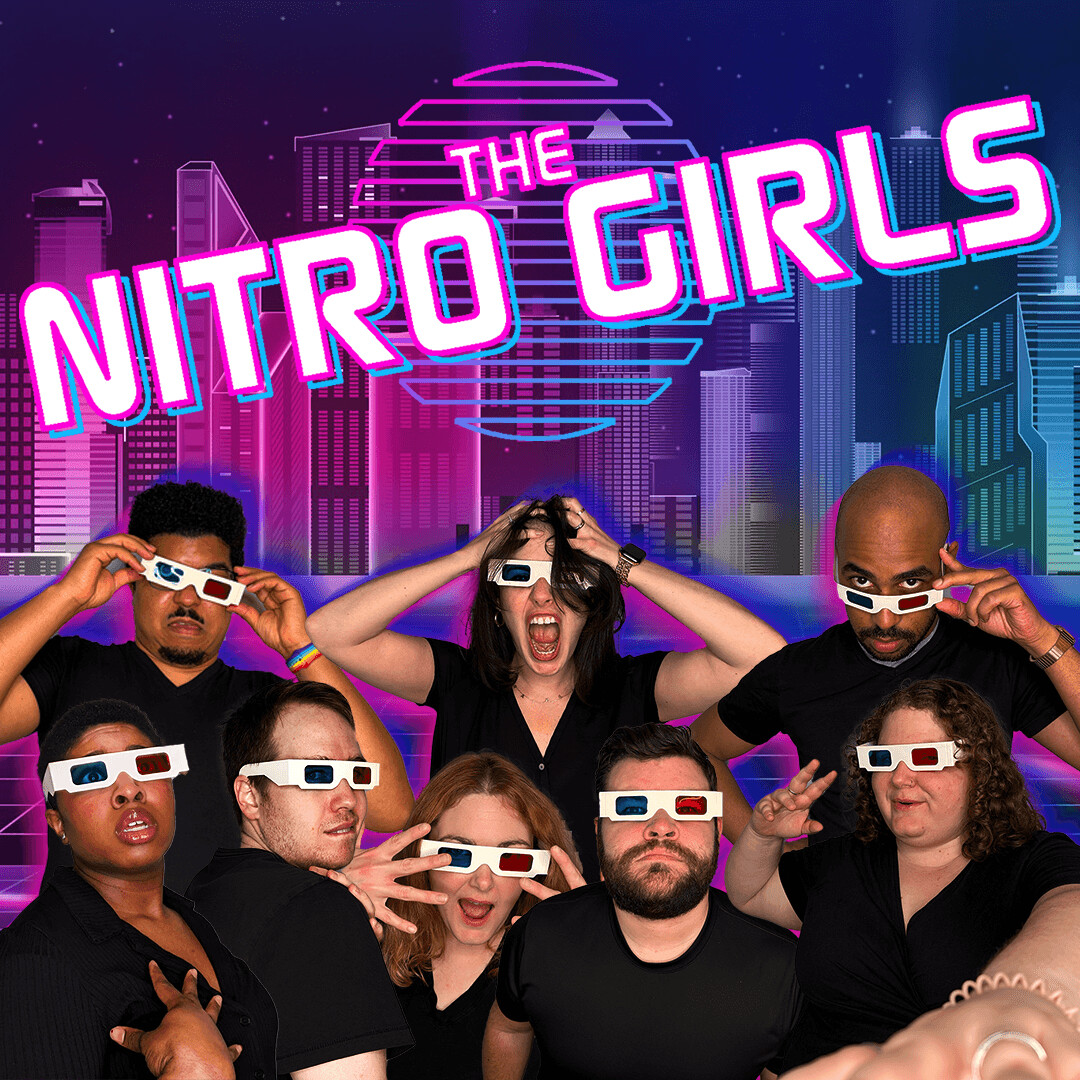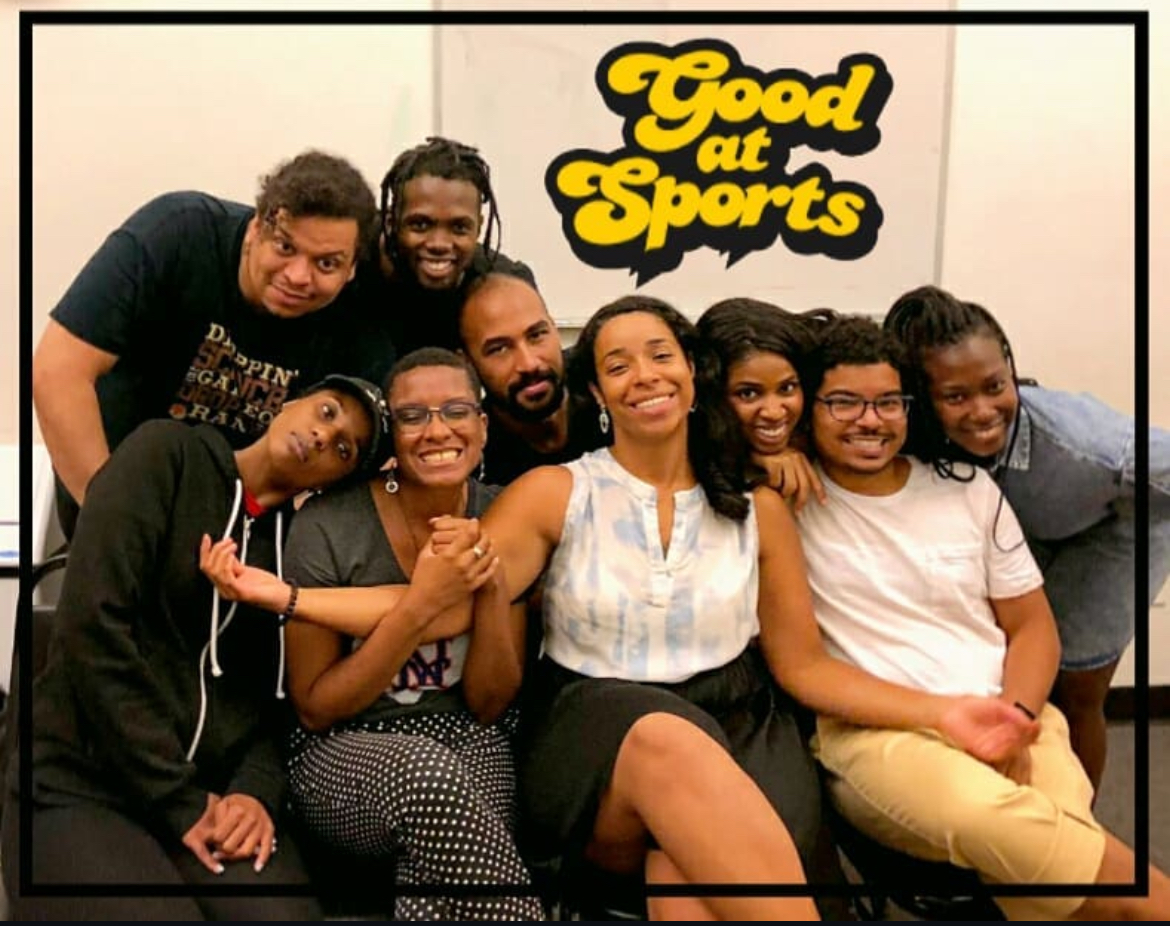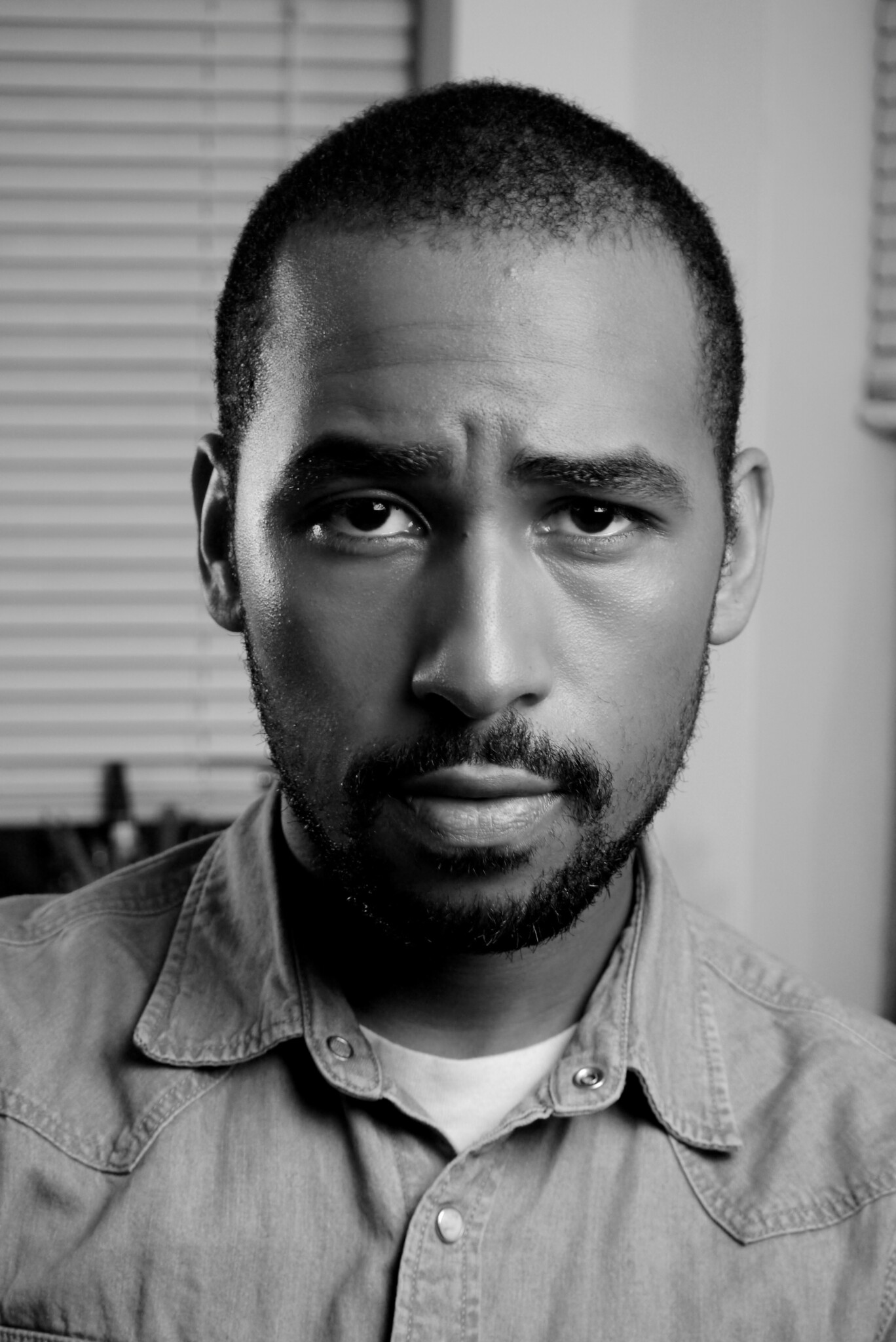We were lucky to catch up with Michael Stevens recently and have shared our conversation below.
Hi Michael, thanks for joining us today. When did you first know you wanted to pursue a creative/artistic path professionally?
I was about 15 when I knew I wanted to pursue a creative or artistic path. Growing up I had always been creative, but I never really had an outlet that really consumed me the way that the drama club did at high school
One day I was hanging out with my best friend at the time. We we’re joking around after school, scream-singing the lyrics to “Kiss from a Rose” through the halls. Depending on who you were, it was either really funny or super annoying. One person found it to be both, and that was the drama club director at my high school. He asked us if we’d be interested in trying out for “Guys and Dolls”. We both said “screw it, we’ve got nothing better to do.” If we didn’t join the drama club, we would have continued screaming Seal lyrics down the hall, or doing our other favorite past time: rolling down the hill on Meadowbrook Parkway. We were idiots.
So we joined the drama club, and it was there that I found a totally new world and platform to express every feeling I could imagine. More than a profession, I wanted the lifestyle, I loved rehearsal. I loved learning choreography. I loved working on timing. I wasn’t even a lead, but I just loved the work so much.

Great, appreciate you sharing that with us. Before we ask you to share more of your insights, can you take a moment to introduce yourself and how you got to where you are today to our readers.
I wear a lot of hats, but I am a writer, actor, comedian, and podcaster based in Brooklyn. I’d say those are the four things I’m mostly known for. My gateway into all these worlds in my adult life was the improv and comedy scenes in NYC. I met a lot of people who I collaborated with and connected me with different opportunities to act or write for paying gigs.
I’ve performed with SO MANY live sketch and improv comedy teams over the years., but my personal highlights include Gary From HR, The Nitro Girls, and Good At Sports. Each of these group had a special dedication to inclusion and diversity that has been vital to my continued development and realization as an actor and comic. I really learned to hone my world view and approach to comedy in these spaces.
At the moment I’m most proud of a podcast I produced with my friend and co-producer, Shelley Brooks. It’s film podcast called “Everyone Is Hot” where we interview film critics, actors, and other artists on their unconventional actor “crushes”.
We started during the pandemic. At first I didn’t want to be another one of the million dudes in Brooklyn with a movie podcast, but Shelley convinced me that this was our spiritual mission. We both couldn’t stop talking about different obscure or unheralded character actors over voice notes. She really pushed for the podcast, and then we did a few test episodes, and the rest is history. After we started the podcast I just got to me so many interesting people, and it felt great to have a platform to talk about movies, which are the thing I love more than people.
I’m proudest of this project just because it was something that felt so organic and easy. It also helped me conquer my biggest fear which is simply being myself on stage.

In your view, what can society to do to best support artists, creatives and a thriving creative ecosystem?
Great question.
I think the role of art is to reflect the human experience and help us better understand what it means to be alive. It’s important, especially as we face the existential threats of climate change, technocratic authoritarianism, and the erosion of the middle class. More and more of the “content” that is presented to we, the paying audience, is meaningless corporate spectacle.
With that said, I think that individual in society must spend their dollar more selectively. I think where you spend your money really, really matters. I’m not saying anyone HAS to take their money and attention away from the latest Marvel thing. I just think that the individual will get so much value out of spending their dollars on art or entertainment that is closer to their community. This could be an independently produced film. This could be an off off Broadway play. This could be buying a physical album and attending a physical concert.
This could be a Mubi subscription…
In short I just think the audience has so much power with who they give money and attention to. Ask yourself if the platform you are supporting gives artists a good deal and aligns with your values.

We’d love to hear your thoughts on NFTs. (Note: this is for education/entertainment purposes only, readers should not construe this as advice)
If it was up to me, technology would have peaked in 2004, and tech companies could finally retire from exploiting the Congo. T9 text would be the height of text comms. Myspace would be the only social media. We wouldn’t know what an NFT is.
But we live in THIS world, not my fantasy, so…we have this thing called an NFT.
My view is that NFTs release 92x more carbon emissions than a physical piece of art. I don’t really care if a sick culture deems them valuable. They are lights in a small rectangle consuming energy and attention. They are naturally worthless and produce more bad than good for the world.
You should just buy a painting.
Contact Info:
- Website: https://podcasts.apple.com/us/podcast/everyone-is-hot/id1577561269
- Instagram: @saint_evens

Image Credits
N/A


